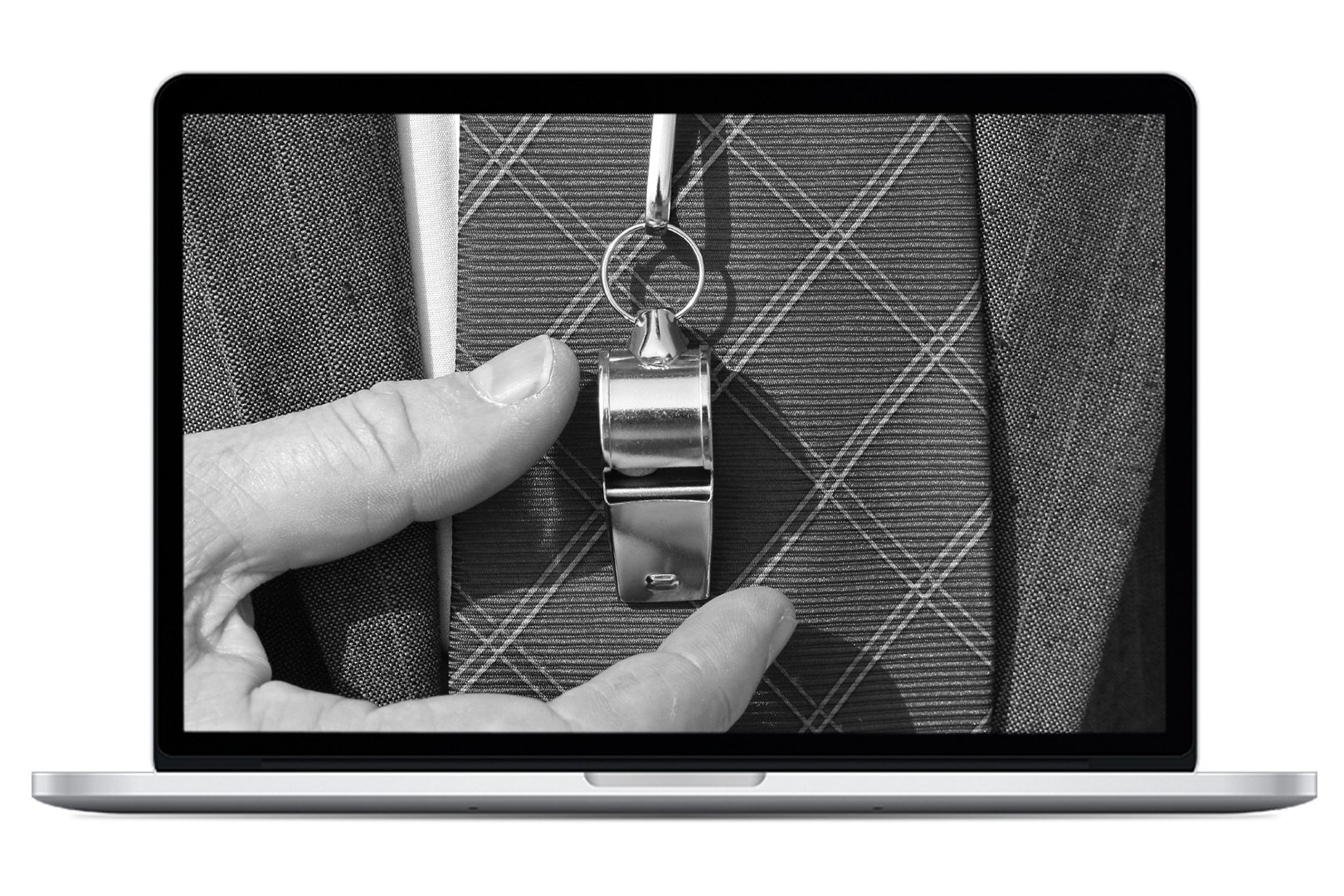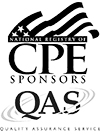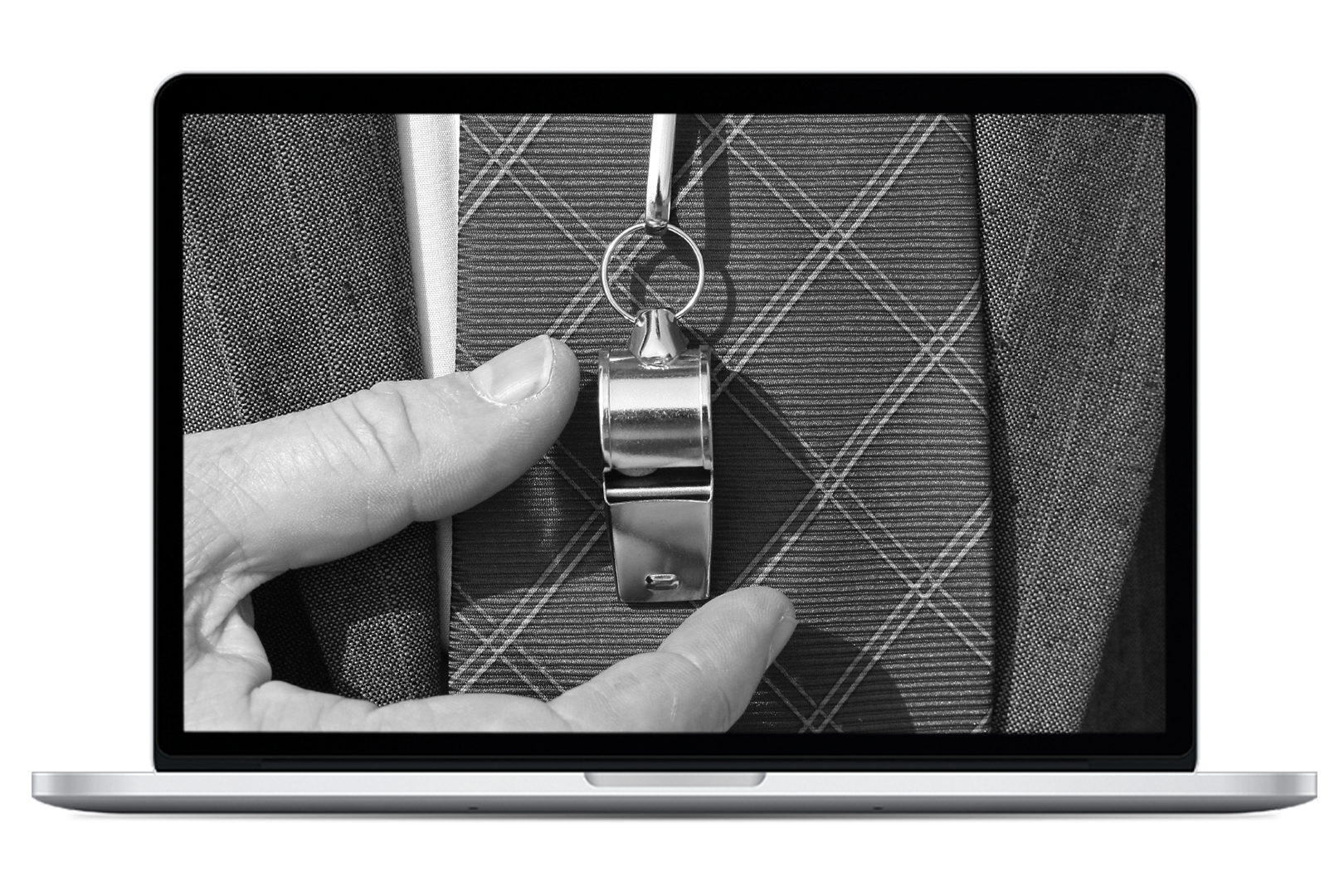Working with Whistleblowers, International Edition

Overview
Online
Description
Regardless of jurisdiction, fraud examiners are likely to work on cases that originated from whistleblowers. This course covers whistleblower issues as they relate to the anti-fraud profession.
There are an increasing number of whistleblower protection laws throughout the world. To help their clients and organizations avoid retaliation claims, fraud examiners must be familiar with these laws. Fraud examiners should also know how to develop, implement, and improve organizational whistleblower programs. Among the most critical aspects of a whistleblower program is a proper reporting mechanism, and the material includes instructions on setting up mechanisms and evaluating their effectiveness.
There are also many pitfalls in whistleblowing cases for both investigators and whistleblowers, and this course helps the reader to avoid or mitigate those issues.
Prerequisites
None
You Will Learn How To:
Ascertain the precautions necessary for organizations to mitigate and avoid retaliation claims.
Determine the best strategies for developing useful information from whistleblowers.
Identify the options and risks that a potential whistleblower should consider.
Recall the elements of an effective whistleblower program.
Recognize the legal protections that might apply during a fraud examination.
Identify the various roles that fraud examiners might play in fraud cases involving whistleblowers.
Table of Contents
| Chapter 1 | Lesson 1: Fraud Examiners’ Roles in Whistleblowing |
|---|---|
| Chapter 2 | Lesson 2: Fraud-Related Whistleblower Protections |
| Chapter 3 | Lesson 3: Whistleblower Programs |
| Chapter 4 | Lesson 4: Handling Whistleblowers in Fraud Examinations |
| Chapter 5 | Lesson 5: Guidance for Potential Whistleblowers |
CPE Information
| CPE Credit: | 2 |
|---|---|
| NASBA Information: | Auditing |
| Advance Preparation: | None |
| Last Updated: | October 2024 |
| Delivery Method: | QAS Self-Study |
Policies
CPE Credit
Please note: To be eligible for CPE credit, you must complete the final exam within one year of purchase date. You may only claim CPE credit for a course once.
ACFE Online Self-Study Courses
Features:
- 24/7 access to courses through your Internet browser
- Save time and quickly earn CPE credits with instant access, grading and printable certificate
- The flexibility to start or stop a course and pick-up right where you left off
- No additional shipping fees
Learn More about accessing your online self-study course
Learn More about online self-study courses and their features
System Requirements:
- Internet access: High-speed connection recommended
- Speakers required for video sound
 The Association of Certified Fraud Examiners, Inc. is registered with the National Association of State Boards of Accountancy (NASBA) as a sponsor of continuing professional education on the National Registry of CPE Sponsors. State boards of accountancy have final authority on the acceptance of individual courses for CPE credit. Complaints regarding registered sponsors may be submitted to the National Registry of CPE Sponsors through its website: www.nasbaregistry.org/.
The Association of Certified Fraud Examiners, Inc. is registered with the National Association of State Boards of Accountancy (NASBA) as a sponsor of continuing professional education on the National Registry of CPE Sponsors. State boards of accountancy have final authority on the acceptance of individual courses for CPE credit. Complaints regarding registered sponsors may be submitted to the National Registry of CPE Sponsors through its website: www.nasbaregistry.org/.
Ordering and Returns
Satisfaction Guarantee
If you are not 100% satisfied with any ACFE product, you may return it to us, provided it is in excellent condition, for a full refund of the item minus the cost of shipping. Toolkits and bundles may only be returned as a complete set.
Ordering & Returns Policy

